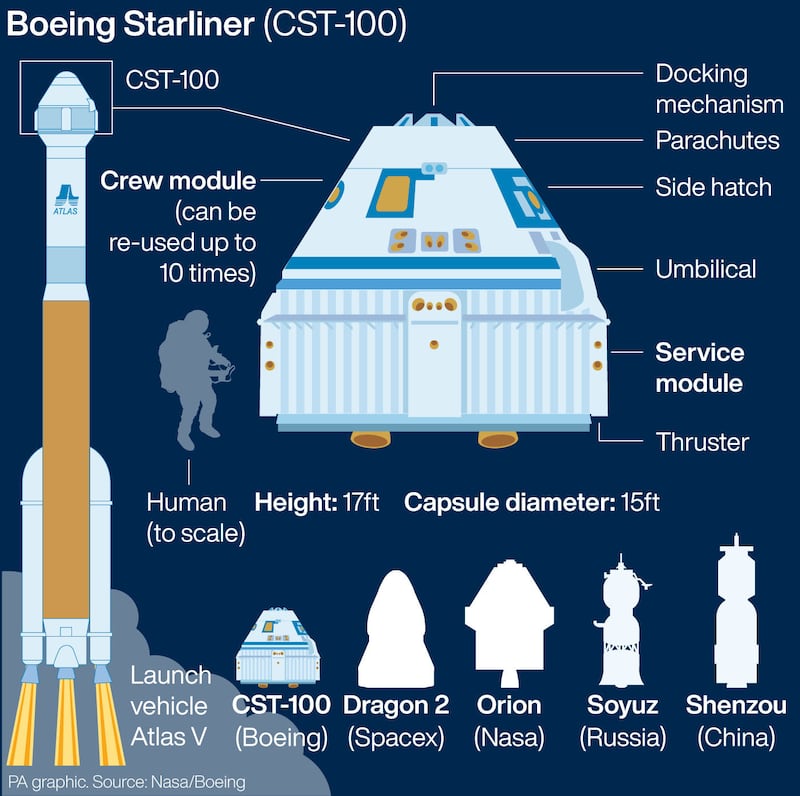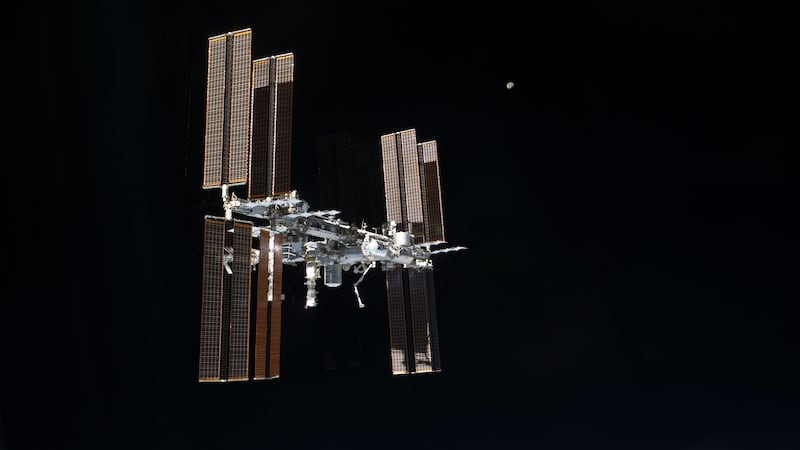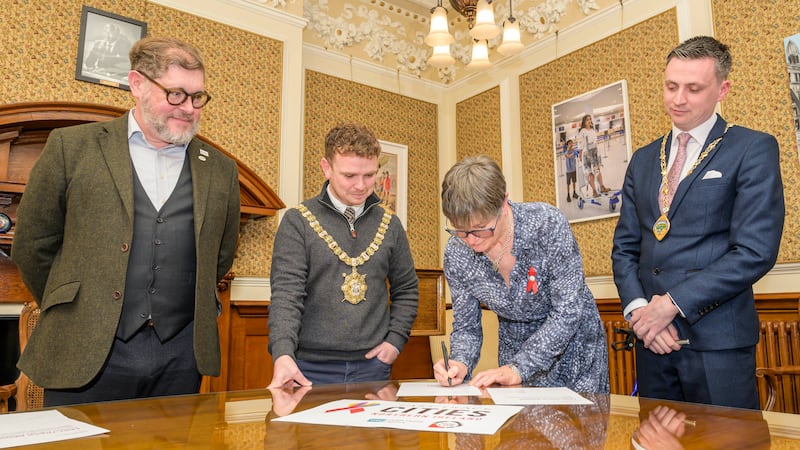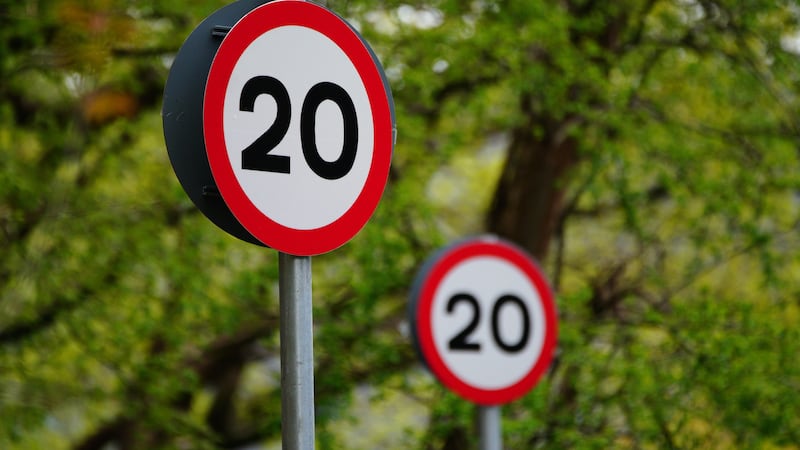The test flight of Boeing’s Starliner capsule is an important step towards the future of space exploration, the UK Space Agency has said.
The unpiloted mission is due for launch on Friday and, as well as cargo for the International Space Station (ISS), it will carry a test dummy named Rosie. loaded with sensors to measure the G-forces.
The reusable capsule is being developed in collaboration with Nasa’s Commercial Crew Programme, which will return America’s ability to launch people to low Earth orbit for the first time since 2011.
Since then, the only way to and from the ISS has been on the Russian Soyuz spacecraft, and Nasa has been buying seats from Russia for its astronauts and their obligations to international partners, including the European Space Agency (ESA).
SpaceX – Nasa’s other commercial crew partner – successfully launched a Dragon capsule to the space station in March.

Libby Jackson, human exploration programme manager at the UK Space Agency, said: “We’re looking forward to the future of space exploration and this Boeing launch is a step along that.
“It is important to get these two spacecraft flying next year, so we can keep the space station with crews of six and going up to seven people in the next few years.”
At the ESA ministerial meeting in November the UK pledged £180 million towards space exploration.
A full crew of astronauts on board the ISS is needed to make sure they can effectively continue with scientific research.
Ms Jackson told the PA news agency: “The environment at the International Space Station is unique.
“It is a facility for hundreds of thousands of scientists all around the world who are able to send their experiments there, and the research that is done benefits everybody terrestrially back here on Earth.”
She said that, among other things, this includes understanding how humans age.
“When astronauts go into space, their bodies change in ways that are very similar to those that happen to everybody as we get older.
“Their muscles get weaker, their bones get weaker, their skin gets thinner, their eyesight changes.
“And this is all because they suddenly are adapting to a world where they don’t feel the effects of gravity.
“By studying the changes in astronauts and also in cells, in animals, we understand the underlying processes of ageing, the molecular processes, what happens to the cells.
“And it’s another data point that we can’t get on Earth, and bring back to Earth to improve scientists’ understanding of ageing, which will help lead to research understanding technologies, new drugs, all sorts of things that will help everybody back on Earth as we all get older and to live healthier lives,” Ms Jackson added.
After the Starliner docks on the ISS, it will spend about a week in space and return on December 28.
The test flight will check various systems and show up anything that needs to be changed and developed.








